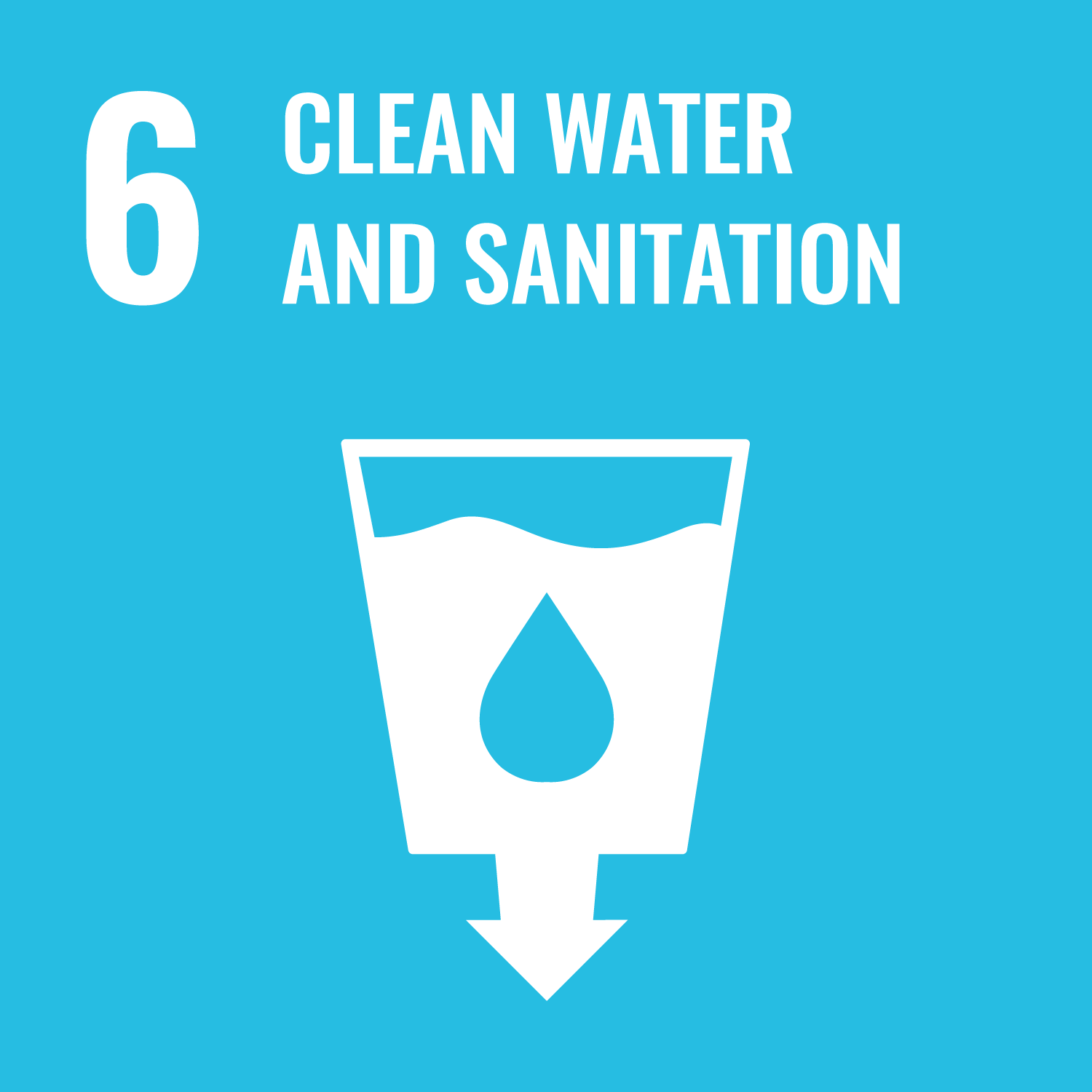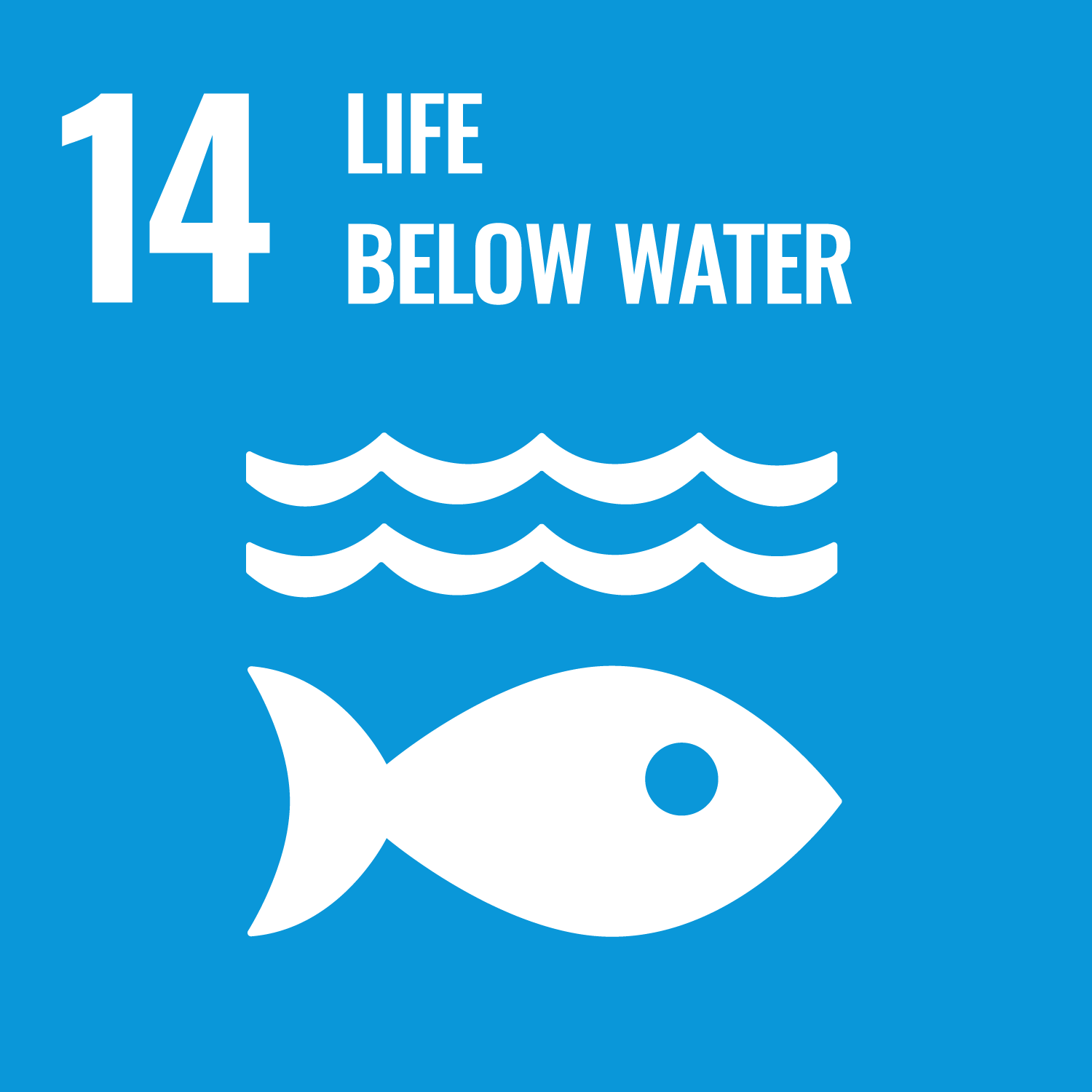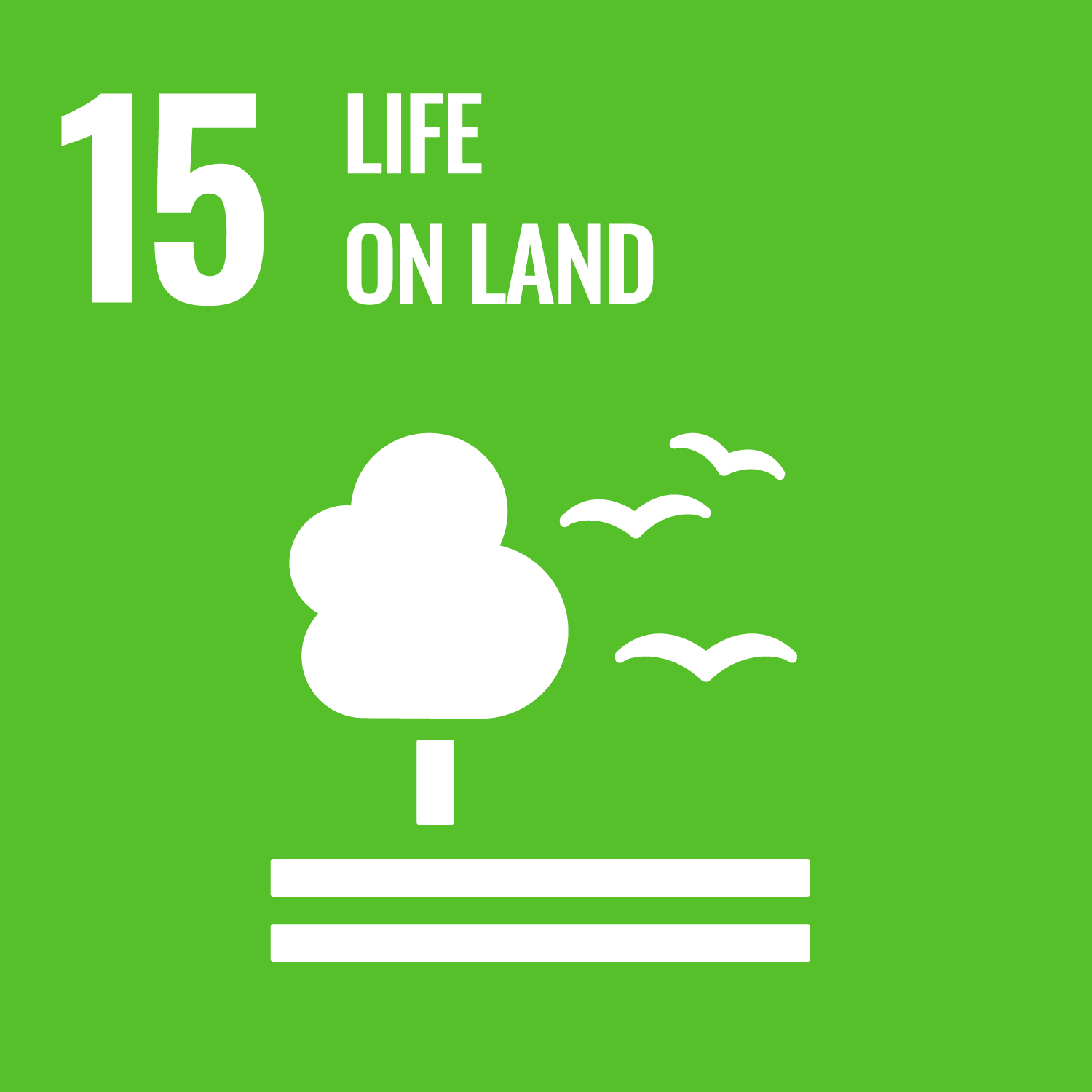Chemistry is one of the foundations supporting manufacturing and can be regarded as the basis of engineering, including physics.
In this course, students acquire basic knowledge for the selection of effective materials and rational design for manufacturing.
In this course, students grasp the inherent properties (material properties) of metallic materials, inorganic materials such
as ceramics, dielectrics and magnetic materials, and organic materials such as plastics from a common perspective, and learn
how to apply these properties. While including explanations in English as appropriate, familiar examples are taken up and
the relationship between humans, society and nature is explained from global and historical perspectives (the ‘ideal state’
demanded by society). Starting with a quiz on everyday materials, the necessary basic knowledge will be explained each time,
and students' understanding of the lecture content will be checked through quizzes.
Understand the structure and properties of materials used in manufacturing and how to control their properties, based on inorganic
and organic chemistry. Understand the solid, liquid and gaseous plasma states and the relationships between these phases as
a state diagram. In particular, for materials in the solid state, students learn about microscopic properties based on atoms
and molecules, macroscopic properties such as structures and components, and meso properties that control the structure and
microstructure of solid materials in between. The course also provides an understanding of the framework of practical chemistry,
taking up several real-life examples.
- Understand the structure of matter and be able to explain what is responsible for its properties.
- Explain the different chemical properties and manufacturing processes of inorganic and organic materials.
- Understand material selection according to application.
| exercises and reports | mid-term examination | final examination | Total. | |
|---|---|---|---|---|
| 1. | 10% | 20% | 10% | 40% |
| 2. | 5% | 10% | 15% | 30% |
| 3. | 5% | 10% | 15% | 30% |
| 4. | 0% | 0% | ||
| Total. | 20% | 40% | 40% | - |
| Class schedule | HW assignments (Including preparation and review of the class.) | Amount of Time Required | |
|---|---|---|---|
| 1. | State and structure of materials (atoms and molecules, electrons and bonds) | Investigate what the structure of the material is made from. | 90minutes |
| A related assignment will be provided, which must be submitted by the next session. | 110minutes | ||
| 2. | Structure of solid materials (metals, glasses, ceramics and polymers) | Investigate technical terms such as crystal structure, amorphous and phase transitions of solids. | 90minutes |
| A related assignment will be provided, which must be submitted by the next session. | 110minutes | ||
| 3. | States of materaials (liquids and solids, temperature, pressure and equilibrium states) | Understand simple phase diagrams. | 90minutes |
| A related assignment will be provided, which must be submitted by the next session. | 110minutes | ||
| 4. | Structure and thermodynamics (thermodynamics, reaction rates) | Investigate the laws of thermodynamics (fundamentals). | 90minutes |
| A related assignment will be provided, which must be submitted by the next session. | 110minutes | ||
| 5. | Structure and thermodynamics (oxidation/reduction, corrosion) | Investigate corrosion in terms of familiar phenomena. | 90minutes |
| A related assignment will be provided, which must be submitted by the next session. | 110minutes | ||
| 6. | Chemical properties and functions of materials | Read Chapter 13 of Textbook in advance. | 90minutes |
| A related assignment will be provided, which must be submitted by the next session. | 110minutes | ||
| 7. | Mid-term examination and comments | Review and consolidate the previous sections. | 200minutes |
| 8. | Materials chemistry I: fabrication and processing | Read Chapters 5 and 6 of Textbook in advance. | 90minutes |
| A related assignment will be provided, which must be submitted by the next session. | 110minutes | ||
| 9. | Material Chemistry II: Mechanical properties and functions (1) Metals | Read Chapter 7 of Textbook in advance. | 90minutes |
| A related assignment will be provided, which must be submitted by the next session. | 110minutes | ||
| 10. | Material Chemistry III: Mechanical properties and functions (2) Ceramics and polymers | Read Chapter 8 of Textbook in advance. | 90minutes |
| A related assignment will be provided, which must be submitted by the next session. | 110minutes | ||
| 11. | Material Chemistry IV: Thermal properties and functions | Read Chapter 9 of Textbook in advance. | 90minutes |
| A related assignment will be provided, which must be submitted by the next session. | 110minutes | ||
| 12. | Material Chemistry V: Electromagnetic properties | Read Chapters 10, 11 and12 of Textbook in advance. | 90minutes |
| A related assignment will be provided, which must be submitted by the next session. | 110minutes | ||
| 13. | Materials Chemistry VI: Biological roles | Read Chapter 14 of Textbook in advance. | 90minutes |
| A related assignment will be provided, which must be submitted by the next session. | 110minutes | ||
| 14. | Final examination and comments | Review and consolidate the previous sections. | 200minutes |
| Total. | - | - | 2800minutes |
The evaluation is based on exercises and reports (20 points), as well as a mid-term examination (40 points) and a final examination
(40 points), for a total score of 100 points. Exercises and reports will be carried out each time.
Out of 100 points, 60 points is considered to be a pass. The standard for passing is the level at which the student understands the chemical properties and functions of the material and can relate each to the other and explain them in Japanese and English.
Out of 100 points, 60 points is considered to be a pass. The standard for passing is the level at which the student understands the chemical properties and functions of the material and can relate each to the other and explain them in Japanese and English.
| ways of feedback | specific contents about "Other" |
|---|---|
| Feedback in the class |
After class or individually via ZOOM (please contact ZOOM in advance, for example by email).
- Course that cultivates a basic problem-solving skills
| Work experience | Work experience and relevance to the course content if applicable |
|---|---|
| Applicable | Industry-academia joint research conducted on material evaluation and material improvement. |









- 3.GOOD HEALTH AND WELL-BEING
- 6.CLEAN WATER AND SANITATION
- 7.AFFORDABLE AND CLEAN ENERGY
- 9.INDUSTRY, INNOVATION AND INFRASTRUCTURE
- 11.SUSTAINABLE CITIES AND COMMUNITIES
- 12.RESPONSIBLE CONSUMPTION & PRODUCTION
- 13.CLIMATE ACTION
- 14.LIFE BELOW WATER
- 15.LIFE ON LAND
Last modified : Tue Feb 11 04:19:23 JST 2025
